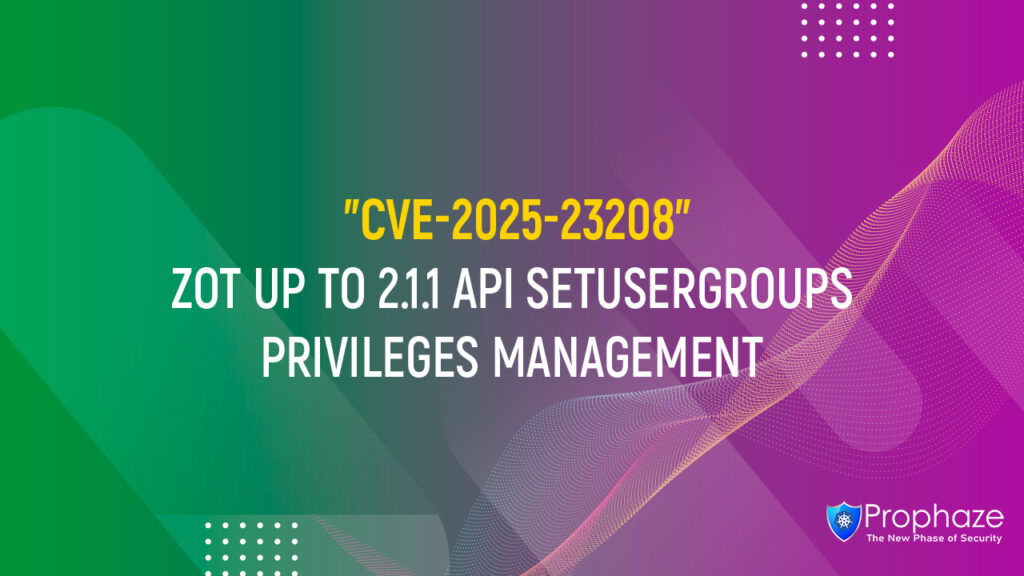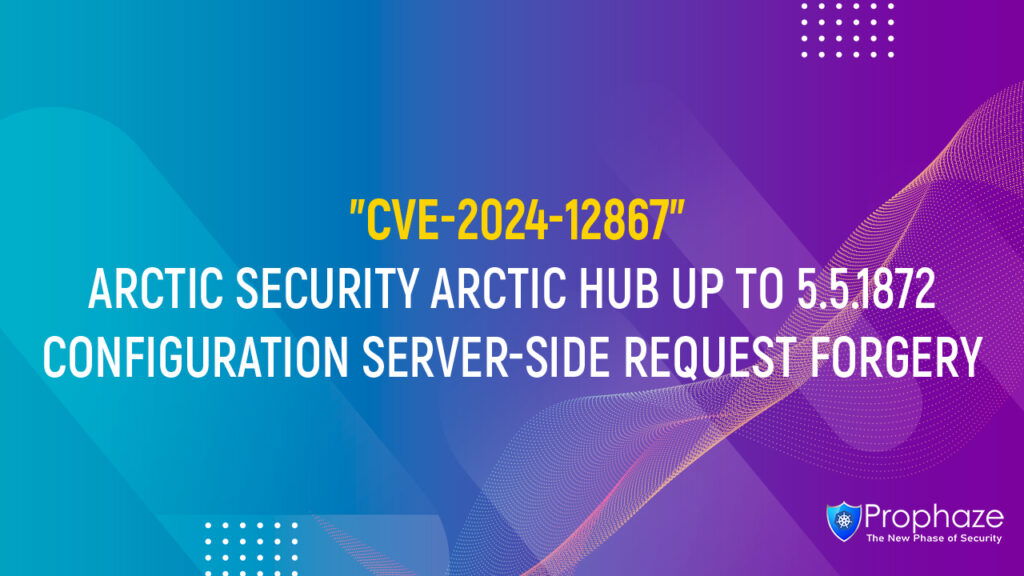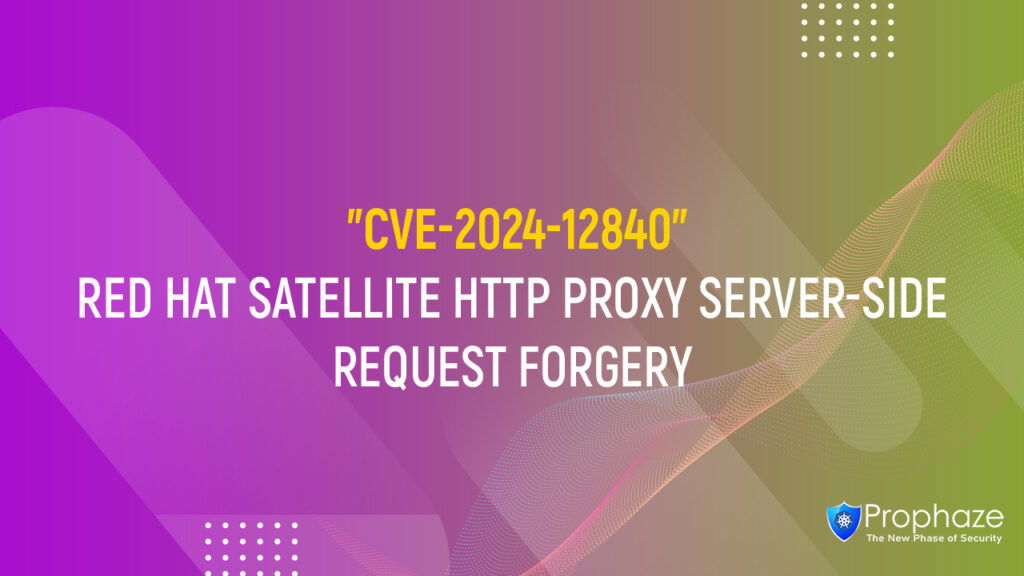| Overview : |
| Authenticated SQL Injection in interface/forms/eye_mag/js/eye_base.php in OpenEMR through 5.0.2 allows a user to extract arbitrary data from the openemr database via a non-parameterized INSERT INTO statement, as demonstrated by the providerID parameter. |
| Affected Product(s) : |
|
| Vulnerability Details : |
||||
Solution : Fixed-In Version: 5.0.2.1 |




